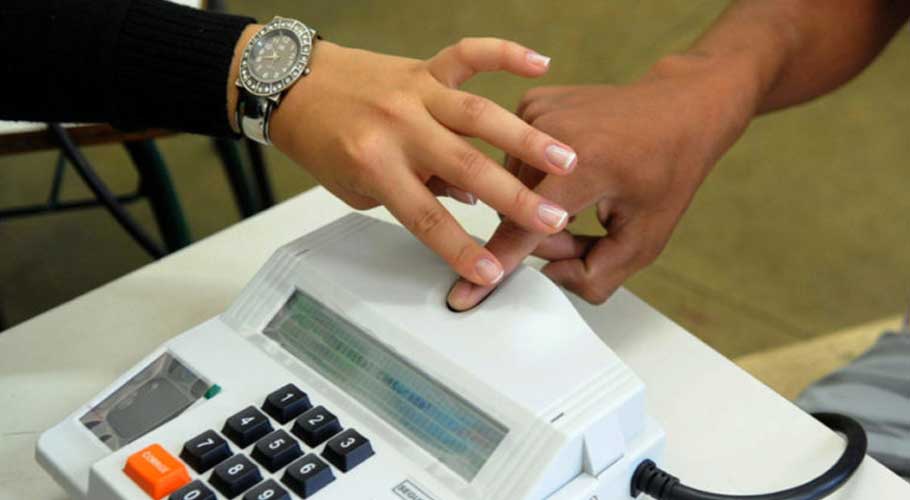Recently held by-elections in Pakistan saw massive criticism due to various rigging incidents in different constituencies of the country. In NA-75 Daska, where 20 polling officers mysteriously went missing, including ballot boxes, the whole system looks like a mess.
Meanwhile, in a surprising turn of events on Thursday, Pakistan People’s Party (PPP) won the by-polls in Karachi’s NA-249, a multi-ethnic constituency comprising areas of Baldia Town, where the party had performed poorly in the past polls.
The low voter turnout showed that the people are losing confidence in the election process. What is the solution? In this advanced age of technology, the solution is very simple.
By-polls NA-249
The Pakistan People’s Party (PPP) bagged victory in the NA-249 Karachi by-election held on Thursday, defeating the Pakistan Muslim League-Nawaz (PML-N) contender by 683 votes.
According to the official results, PPP candidate Qadir Khan Mandokhel secured 16,156 votes against Miftah Ismail’s 15,473. To the surprise of many, PTI, which had won the seat in the last general elections, came fifth in the race.
The results also stated that the voter turnout remained 21.61 percent in the constituency and the total votes cast were 73,471 out of 339,591. Major political parties, including the PTI and the PML-N, have rejected the result.
Leaders from different political centres, issuing their policy statements after the vote count went against them, posed questions on the role played by the Election Commission of Pakistan (ECP).
Electoral reforms
In Pakistan, since 1970, almost all elections have been termed as ‘rigged’ and ‘stolen’. That’s why the political scene in the country has always been dominated by the need for electoral reforms. These reforms are crucial so that future elections are without the unusual allegations which we usually witness and are held in a smooth and transparent manner.
Prime Minister Imran Khan has said the only way to hold transparent elections in Pakistan is through the electronic voting system being used in the United States. “Pakistan will also put in place the same system to ensure fair and transparent polls in the country,” he added.
Electronic voting system
Despite the fact that technology has become so common in our society, our government is still holding elections in a centuries-old ballot box manner, while e-voting has started in our neighboring country India since 1998.
An electronic voting system like the one in India and Brazil is the answer especially with a population that is highly illiterate like Pakistan. ECP should employ directing recording electronic voting machines (DRE) integrated with biometric data for voter verification and machine activation. The use of biometrics would curtail the threat of “stuffing” the electronic ballot box.
For the electronic voting system to succeed, the ECP will need to play a key role in advocating such a system to limit fraud and trust issues surrounding results. The ECP must acquire the needed IT expertise to understand and operate an electronic system and, secure it from hacking.
Conclusion
To date, no political party has tried to talk about e-voting. Until that happens, polling stations will continue to be occupied. Servants will continue to die, and polling officers will continue to be abducted.
Not taking advantage of today’s modern technology for better governance is an argument of incompetence. If this is not done, then in the future, the decision for e-voting may have to be taken by the Supreme Court so that the pressure of election-related cases on the judiciary can be reduced. In the world we live in, we must look around to adapt to modern requirements.

































